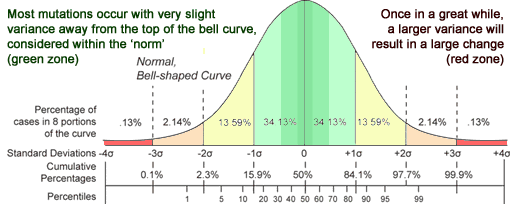Two teams of tanks, gold wheels and blue wheels, start with equal abilities and battle it out for survival. Each tank starts out with a random set of abilities and learns how to adapt to the situation in order to survive. An initial population of game agent Non Player Characters (NPCs, aka: intelligent agents or software agents) are set-up with a set of traits that define physical and cognitive abilities, each starting with random values. The physical traits are for things such as rate of turn, acceleration, maximum and minimum speeds, etc. The cognitive traits are for decision making triggers such as: lead-distance for firing, when to hunt and attack (offensive when grinning), when to flee (defensive when frowning), which way to turn, when to reverse, etc. The population is evolved such that the best performers are the ones that survive (don't get shot.) Starting with "dumb" game agents, Evolutionary Computation (EC) is performed on their traits and eventually the evolved population performs similar to as if they had been pre-programmed to do what you are seeing. However, the difference is that these computer players have learned on their own, self-adapting to the situation.
These game characters were evolved on one computer in a relatively short period of time and the results showed that, in only a few generations, some learned to survive by becoming more defensive, learning how to hide more effectively by continuously moving the furthest away from opponents. Others learned to perform better by becoming more aggressive, moving immediately toward their opponents and quickly fire at from one to the next until they NPC was out of ammunition, then go into defensive mode, and these were the most effective surviving parents that passed-on their digital "genes" to their children that became the new population for the next round. The game will reset automatically and then a new round begins.
Please pay no attention to the level of quality of the graphics since this was an early technology demonstration and the graphics were of no importance.
Copyright 2000-2001 Natural Selection, Inc. (R), www.natural-selection.com
Protected under U.S. Patent No. 7,025,675
Developer: Tim Hays
Artificial Intelligence Demos 2:
Tanks demo video (above)
